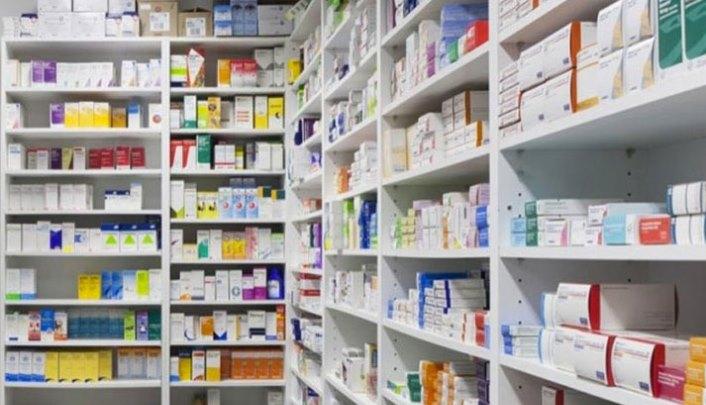Nigeria is currently grappling with a significant shortage of pharmacists, a challenge intensified by the migration of many young academic pharmacists overseas. This trend poses serious implications for the healthcare system, as pharmacists play a critical role in medication management, patient care, and public health.
The migration, often motivated by better career opportunities, improved working conditions, and higher remuneration abroad, has left Nigerian healthcare facilities understaffed in this crucial discipline. Academic pharmacists, who are pivotal in training future pharmacy professionals, are among those leaving, further threatening the sustainability of pharmaceutical education in the country.
The shortage affects not only hospitals and community pharmacies but also pharmaceutical research and regulatory frameworks. It compromises the quality of healthcare services and may lead to delays in access to essential medicines and expert pharmaceutical advice.
To counter this trend, stakeholders are calling for enhanced incentives, improved working environments, and career development opportunities within Nigeria. Strengthening pharmacy education, providing competitive salaries, and fostering supportive policies could help retain talent and attract diaspora pharmacists back home.
Addressing the pharmacist shortage is essential for safeguarding Nigeria’s health infrastructure and ensuring that citizens receive optimal pharmaceutical care. Collaborative efforts between government, educational institutions, and professional bodies are needed to implement sustainable solutions effectively.
More than news- Its Icegate

